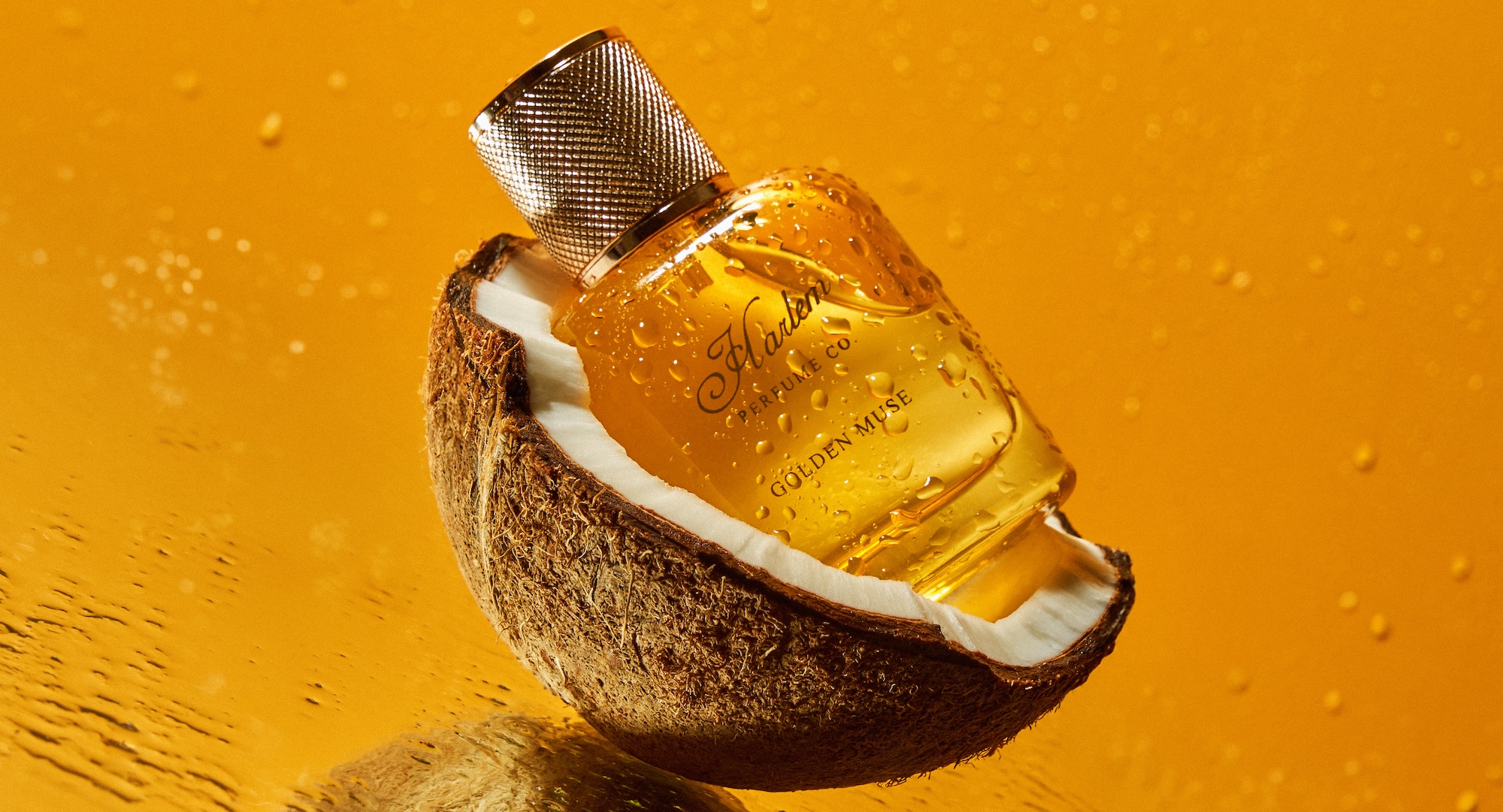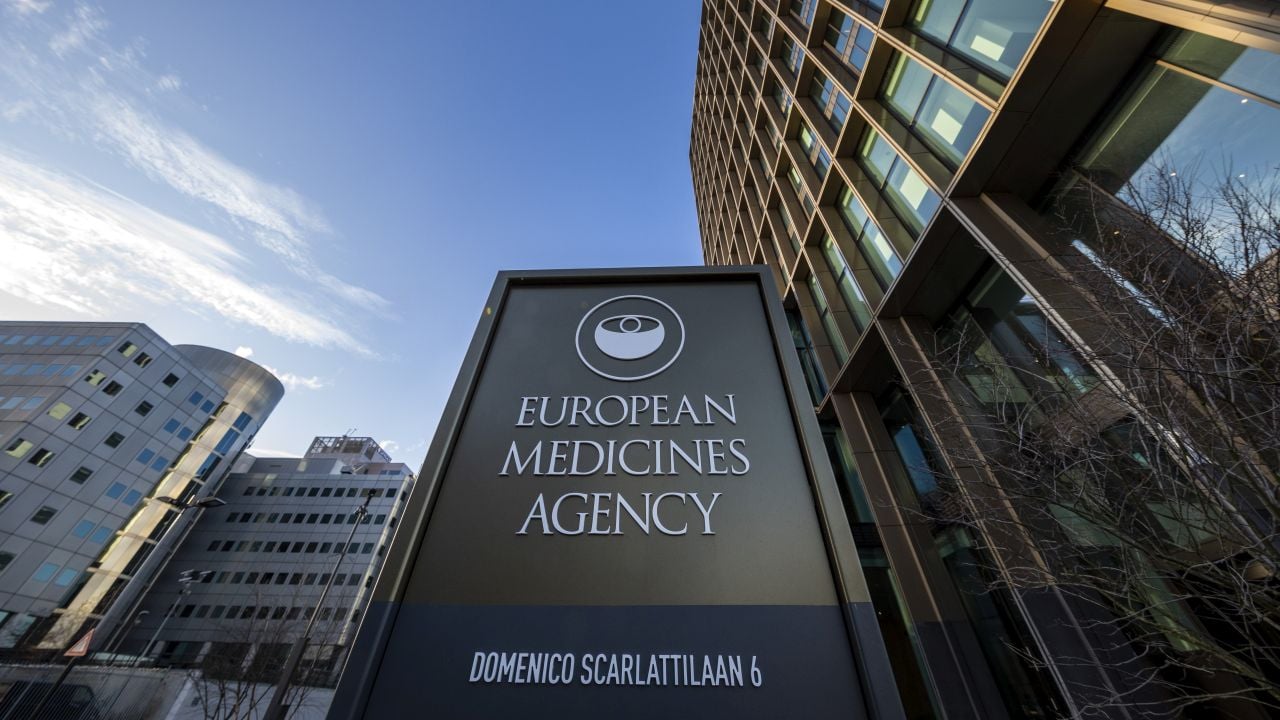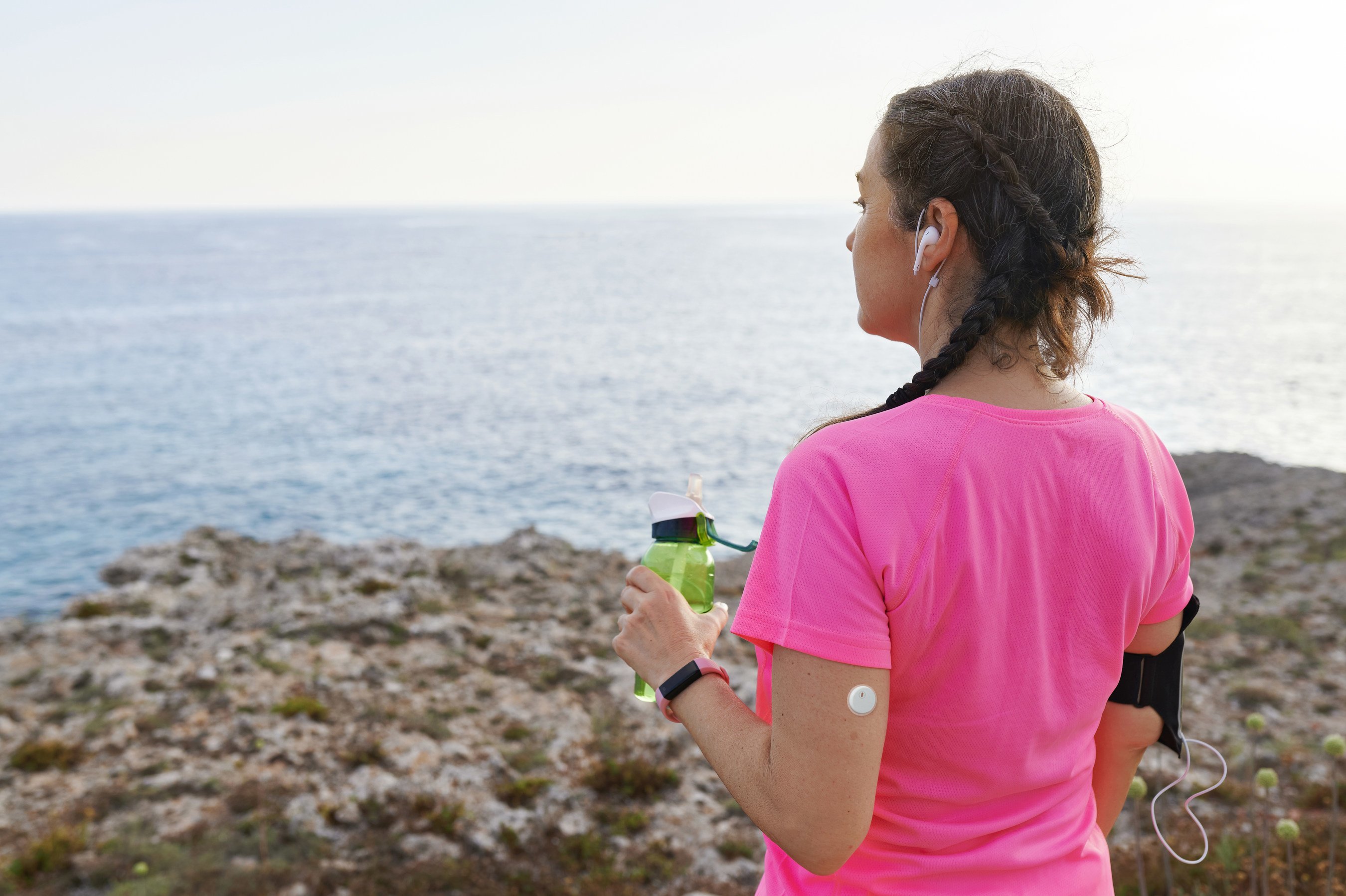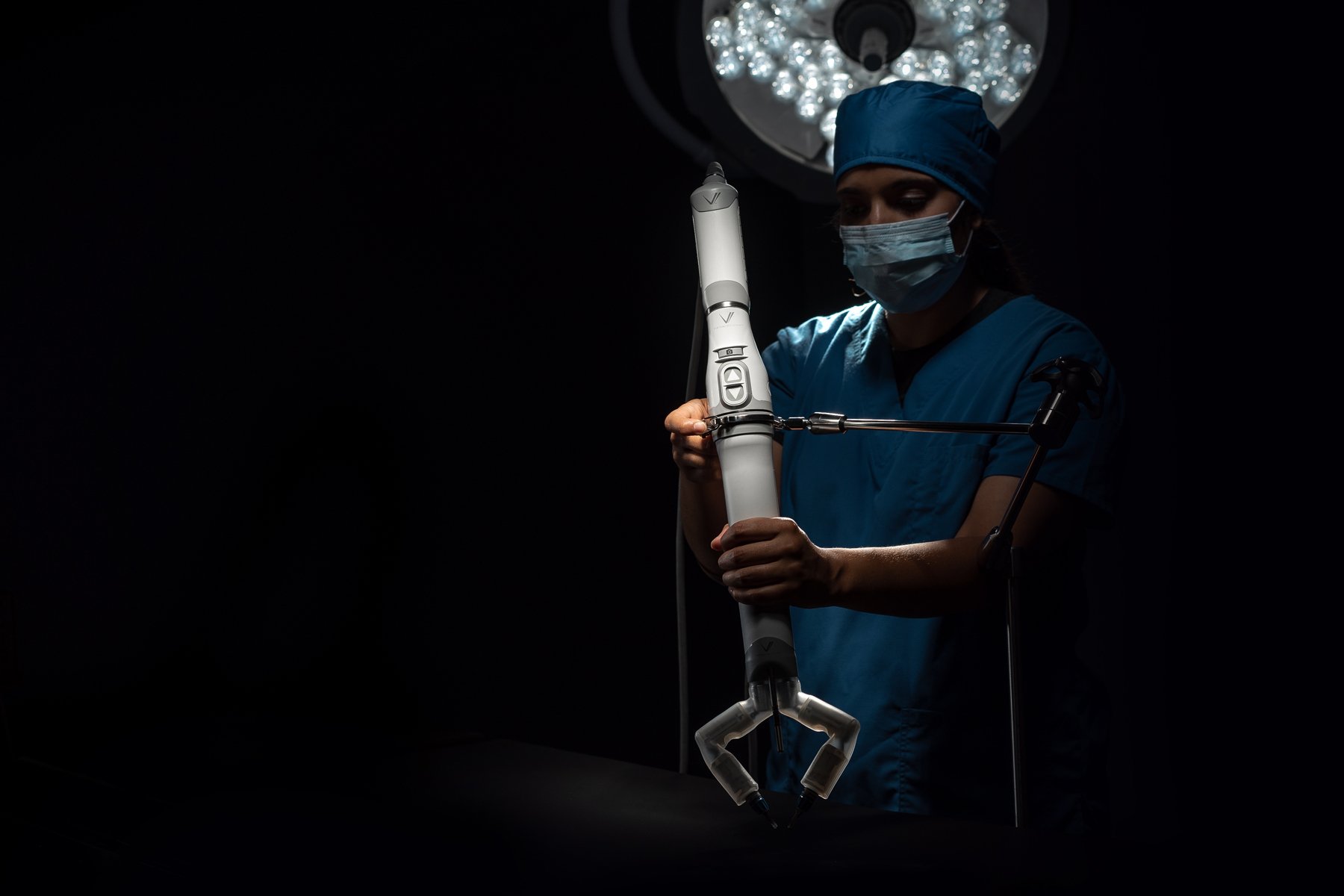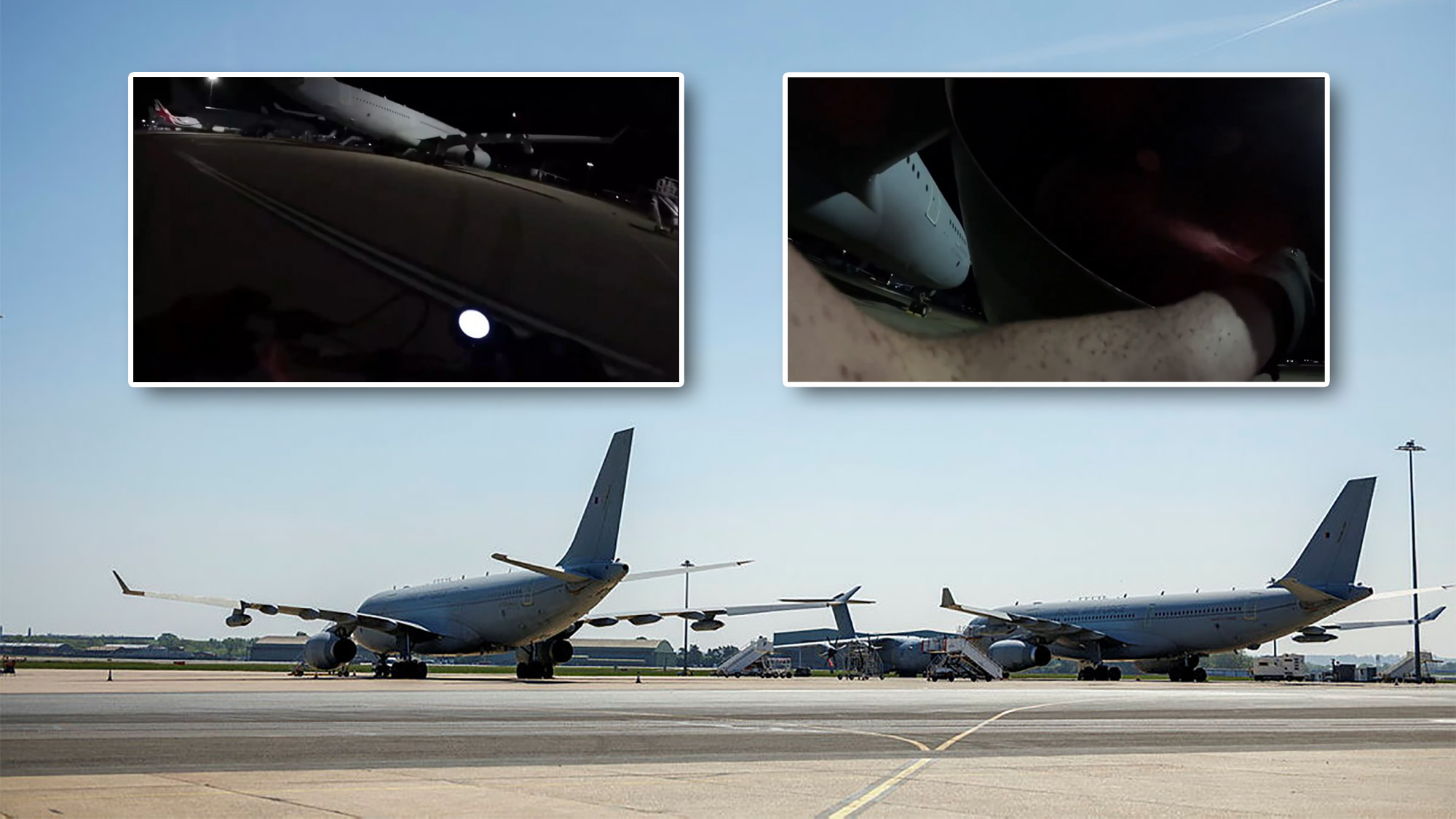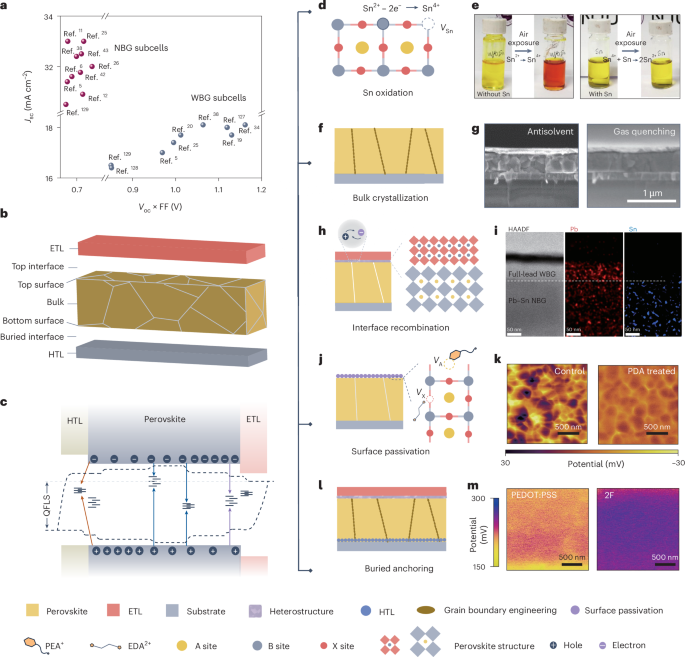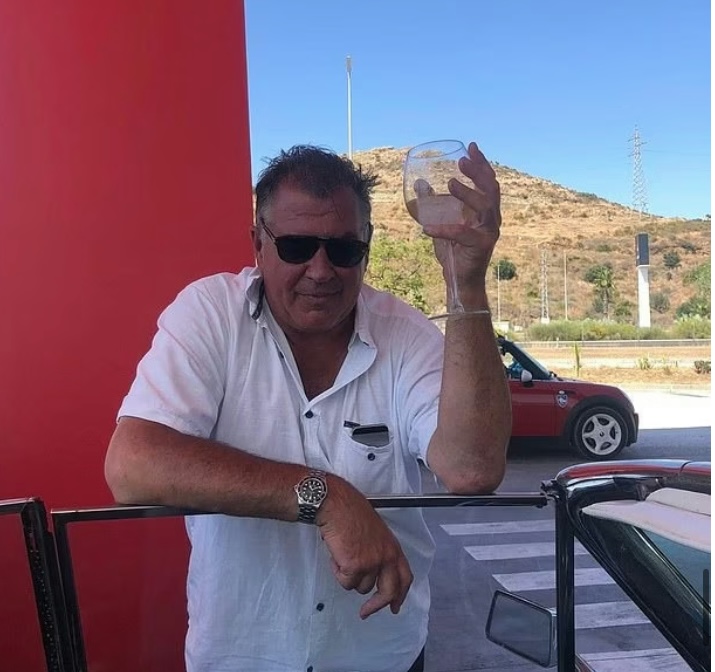In the latest db podcast with Patrick Schmitt MW, Libby Brodie shares why Wines of Lisboa should be on every wine lover’s radar.
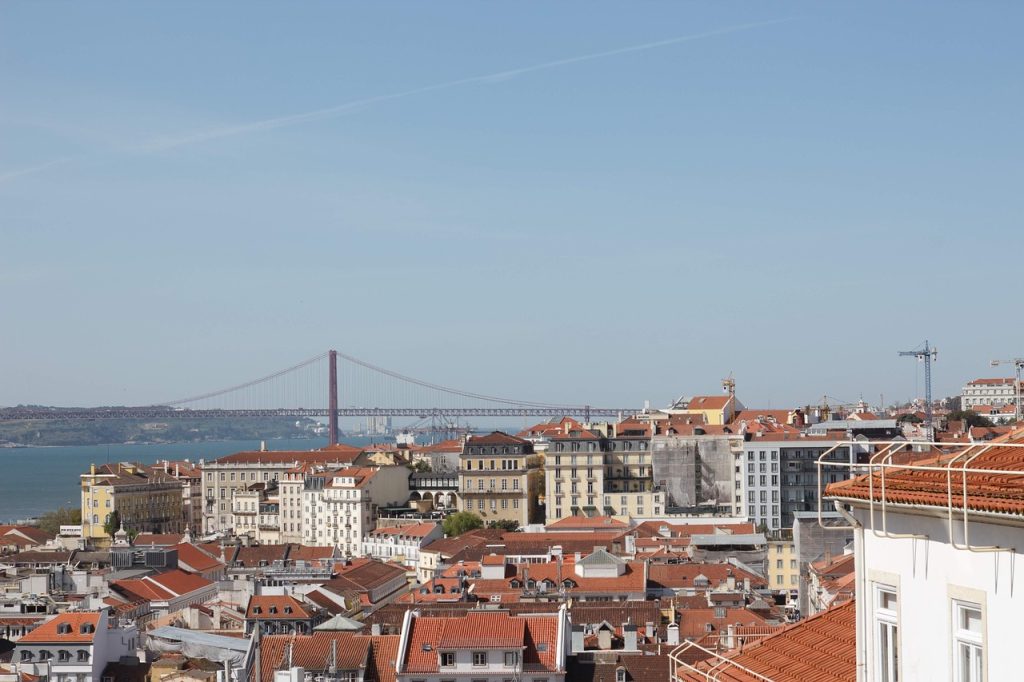
Lisbon has steadily built a reputation as one of the coolest destinations in Europe, yet its wine scene has not quite hit the recognition that the Douro or Vinhos Verdes have achieved for Portugal. So as Patrick Schmitt MW sat down with columnist and wine consultant Libby Brodie, it was a chance to right the wrong of Lisboa’s lower oenological profile.
“You can go from being in this amazing capital with all its incredible food and architecture,” explains Brodie, “and in 15 minutes you're at these rolling hills, these amazing views and valleys and, all your at the coast, which is spectacular.”
Indeed, though its proximity to the cultural hub and foodie hotspot is a boon, the Lisboa wine region has far more to commend itself than convenience. The region is ideally suited for winemaking.
According to Brodie: “The main thing you will see in these wines, I think, is this wonderful, vibrant, vivacious mouth watering freshness that comes across all of them.” Yet that is not from a homogenous profile. The two discuss the various microclimates spread across the umbrella region, which includes nine individual DOs.
The Atlantic is clearly a profound influence, with the cooling effect and morning fogs helping retain acidity even in a naturally warm country. Yet the region’s 10,000 hectares are spread in a strip between ocean and hills, and so both altitude and continentality affect the wines more as you venture west. Although the freshness is a calling card, such wines can be richer and more concentrated than those from coastal vineyards.
The soils likewise contribute to high-quality winemaking. Predominantly alkaline, and with good limestone deposits, they encourage deep-rooting and lower yields.
Brodie also highlights the phyllioxera-resistant sandy soils found in areas such as DO Colares. This, she says, means you can find “really wonderful” old vines in the region, increasingly recognised for quality by buyers and consumers alike.
A distinctive proposition
The pair also discuss the region’s history and heritage. With ever more curious and discerning consumers, having a unique combination of varieties and terroirs is a route to commercial success. Lisboa certainly achieves that, with a wide range of indigenous heritage grapes.
“When you're having a wine from somewhere, it means a lot more when you're getting a historical story about the wine, a reason for having that grape from that place in that style,” says Brodie. “There [in Lisboa] you've got a wonderful blend of regenerating their history and that tradition, but in a way that appeals to the modern customer and what we actually want to be drinking.”
In particular, the two highlighted native Arinto, which Schmitt termed “the queen” of the region’s varieties. The white grape is well suited to Portugal, as it retains its acidity well in heat. It also, as Brodie highlights, has two of the markers most associated with fine wine: “It can age beautifully and make all kinds of different wines.”
Indeed, they round off the podcast with a tasting of three wines, one of which is a traditional method sparkling wine made from Arinto and Chardonnay. In the discussion they muse on food pairings – from seaweed to steak tartare – and the great value the wines offer.
As for Brodie’s final advice, it is simple: “Go now. Don't wait – just go! Drink a lot of wine, have a lot of fun, go dancing. Do try it out. It's a wonderful place.”
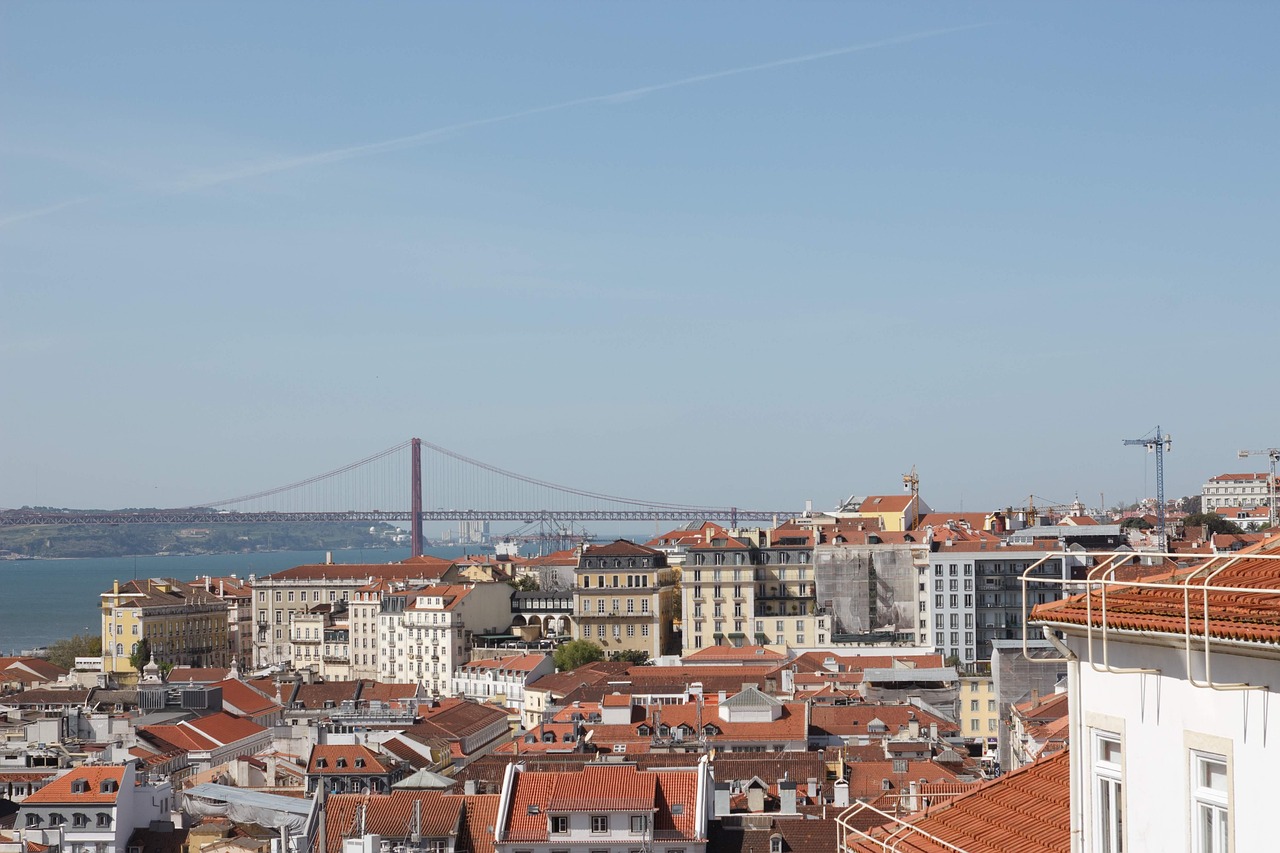
 Lisbon has steadily built a reputation as one of the coolest destinations in Europe, yet its wine scene has not quite hit the recognition that the Douro or Vinhos Verdes have achieved for Portugal. So as Patrick Schmitt MW sat down with columnist and wine consultant Libby Brodie, it was a chance to right the wrong of Lisboa’s lower oenological profile.
“You can go from being in this amazing capital with all its incredible food and architecture,” explains Brodie, “and in 15 minutes you're at these rolling hills, these amazing views and valleys and, all your at the coast, which is spectacular.”
Indeed, though its proximity to the cultural hub and foodie hotspot is a boon, the Lisboa wine region has far more to commend itself than convenience. The region is ideally suited for winemaking.
According to Brodie: “The main thing you will see in these wines, I think, is this wonderful, vibrant, vivacious mouth watering freshness that comes across all of them.” Yet that is not from a homogenous profile. The two discuss the various microclimates spread across the umbrella region, which includes nine individual DOs.
The Atlantic is clearly a profound influence, with the cooling effect and morning fogs helping retain acidity even in a naturally warm country. Yet the region’s 10,000 hectares are spread in a strip between ocean and hills, and so both altitude and continentality affect the wines more as you venture west. Although the freshness is a calling card, such wines can be richer and more concentrated than those from coastal vineyards.
The soils likewise contribute to high-quality winemaking. Predominantly alkaline, and with good limestone deposits, they encourage deep-rooting and lower yields.
Brodie also highlights the phyllioxera-resistant sandy soils found in areas such as DO Colares. This, she says, means you can find “really wonderful” old vines in the region, increasingly recognised for quality by buyers and consumers alike.
Lisbon has steadily built a reputation as one of the coolest destinations in Europe, yet its wine scene has not quite hit the recognition that the Douro or Vinhos Verdes have achieved for Portugal. So as Patrick Schmitt MW sat down with columnist and wine consultant Libby Brodie, it was a chance to right the wrong of Lisboa’s lower oenological profile.
“You can go from being in this amazing capital with all its incredible food and architecture,” explains Brodie, “and in 15 minutes you're at these rolling hills, these amazing views and valleys and, all your at the coast, which is spectacular.”
Indeed, though its proximity to the cultural hub and foodie hotspot is a boon, the Lisboa wine region has far more to commend itself than convenience. The region is ideally suited for winemaking.
According to Brodie: “The main thing you will see in these wines, I think, is this wonderful, vibrant, vivacious mouth watering freshness that comes across all of them.” Yet that is not from a homogenous profile. The two discuss the various microclimates spread across the umbrella region, which includes nine individual DOs.
The Atlantic is clearly a profound influence, with the cooling effect and morning fogs helping retain acidity even in a naturally warm country. Yet the region’s 10,000 hectares are spread in a strip between ocean and hills, and so both altitude and continentality affect the wines more as you venture west. Although the freshness is a calling card, such wines can be richer and more concentrated than those from coastal vineyards.
The soils likewise contribute to high-quality winemaking. Predominantly alkaline, and with good limestone deposits, they encourage deep-rooting and lower yields.
Brodie also highlights the phyllioxera-resistant sandy soils found in areas such as DO Colares. This, she says, means you can find “really wonderful” old vines in the region, increasingly recognised for quality by buyers and consumers alike.








































